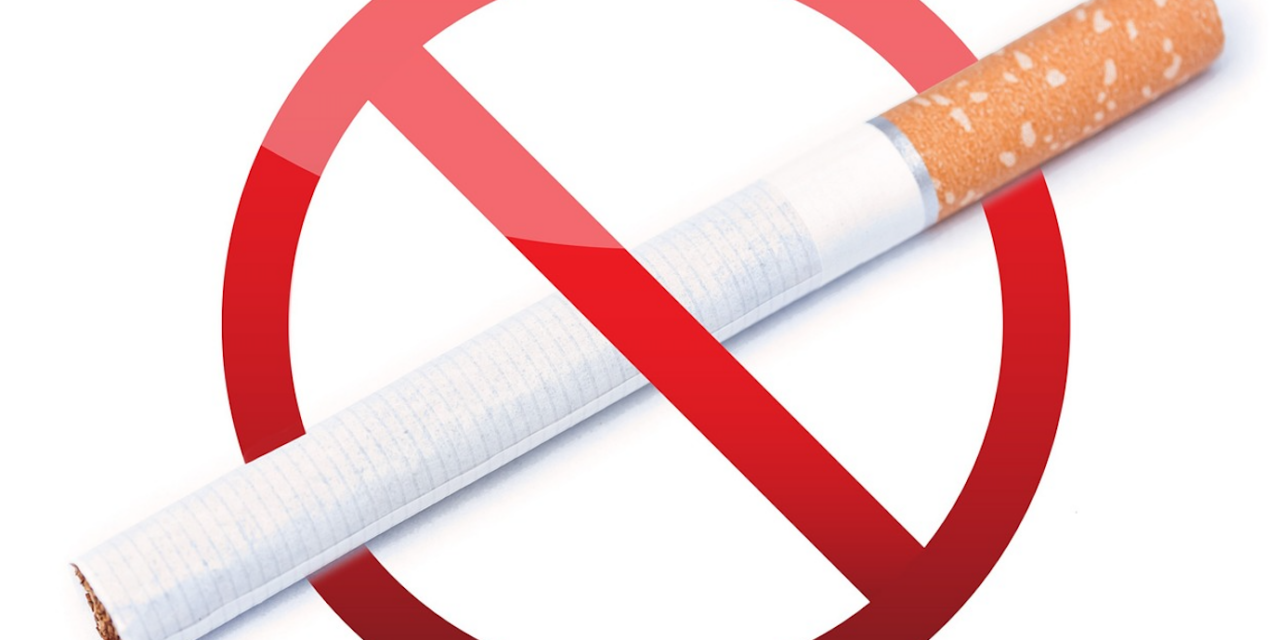For years, former Guilford County Health Director Merle Green fought against tobacco use in county buildings and promoted educational programs meant to keep county staff and county residents from smoking.
During that time, the state of North Carolina has also been doing what it can to discourage the unhealthy habit, and it seems as though all of that is having some effect.
On Wednesday, July 12, a press release from the North Carolina Department of Health and Human Services (NCDHHS) had some encouraging news in regard to the longtime effort – and those anti-smoking efforts are proving particularly effective when the smoker has substance abuse issues, a drinking problem or other mental health challenges.
Tobacco use is the number one preventable cause of death for North Carolinians overall –and the same goes for those with behavioral health conditions in the state – causing more deaths each year than alcohol, illegal drugs, suicides, homicides, HIV and car crashes combined.
“As part of the ongoing focus on behavioral health and resilience,” the release states, “changes promoted by the North Carolina Department of Health and Human Services are improving health and saving lives among people in the state with mental health conditions and/or substance use disorders.”
Now, new data from the state is showing that North Carolina has the lowest rate of tobacco use in more than a decade for people who struggle with mental health issues or have a drinking problem.
State health officials are giving credit to an initiative called “Breathe Easy NC,” an anti-smoking initiative that works with many community partners.
Breathe Easy NC helps service providers include tobacco use treatment with addressing behavioral health conditions, intellectual or developmental disabilities and traumatic brain injuries
The latest data shows the percentage of behavioral health programs providing tobacco use screening and treatment to clients increased by more than 60 percent across substance use and mental facilities since 2016.
Between 2020 and 2021, the percentage of North Carolina substance use disorder facilities with a smoke-free campus also increased 30 percent — from 27 percent of facilities in 2020 to 36 percent in 2021.
Dr. Susan Kansagra, the director of the NCDHHS Division of Public Health, stated in the July 12 press release that integrating the anti-smoking efforts into other treatment is one key.
“While most tobacco users want to quit, it is very difficult to if people are smoking and vaping around you,” she said. “Due to concerted efforts over the last several years, tobacco use treatment and smoke-free campuses have been increasingly integrated into our behavioral health system.”
Five years into the Breathe Easy NC campaign, the data shows a decrease that narrows the gap between the rate of smoking among all North Carolinians (14.4 percent), which is also declining, and the rates among those reporting struggles with mental health (22.5 percent) or heavy drinking (27.8 percent). Smoking among people with mental health and substance use disorders was as high as 40 percent when the Breathe Easy NC initiative began.
“The toll is even greater for people with behavioral health conditions who smoke, who lose 25 years of life on average,” said Dr. Elizabeth Cuervo Tilson, State Health Director and NCDHHS Chief Medical Officer. “That’s more than the years of life lost by those who smoke and have no behavioral health condition. Studies estimate about half of all people who receive treatment for a substance use disorder will go on to die due to tobacco-related conditions.”
More behavioral health providers are also referring patients to QuitlineNC – North Carolina’s free tobacco quit services provider. The Quitline has been steadily increasing enrollment in its program for people with a behavioral health condition. Last month the program had its highest enrollment ever – with more than a third of the QuitlineNC participants using the Behavioral Health Program.
If you or someone you know needs help quitting, anyone can get free help with quitting tobacco use or vaping by visiting QuitlineNC.com or calling 1-800-QUIT-NOW in order to talk to a live quit coach via text, online or by phone.


Perhaps because they killed many of their customers?
Tobacco never was the problem theyve made it out to be. The chemicals they sprayed on it were. Why don’t they publish the numbers related to vaping, smoking reefer & excessive alcohol use? Why don’t they publish the data on the lives ruined by the Cocktail de Fauci that they so boldly pushed? I’ve never smoked more than about 10 cigarettes in my life, and don’t particularly care to smell ’em, but I’d give up a lot of things to go back to the days when Big Tobacco & Jesse Helms defined what NC was about. The world made much more sense then. “Boy the way Glenn Miller played. Songs that made the Hit Parade. Guys like us we had it made. Those were the days.” – Charles Strouse and Lee Adams.